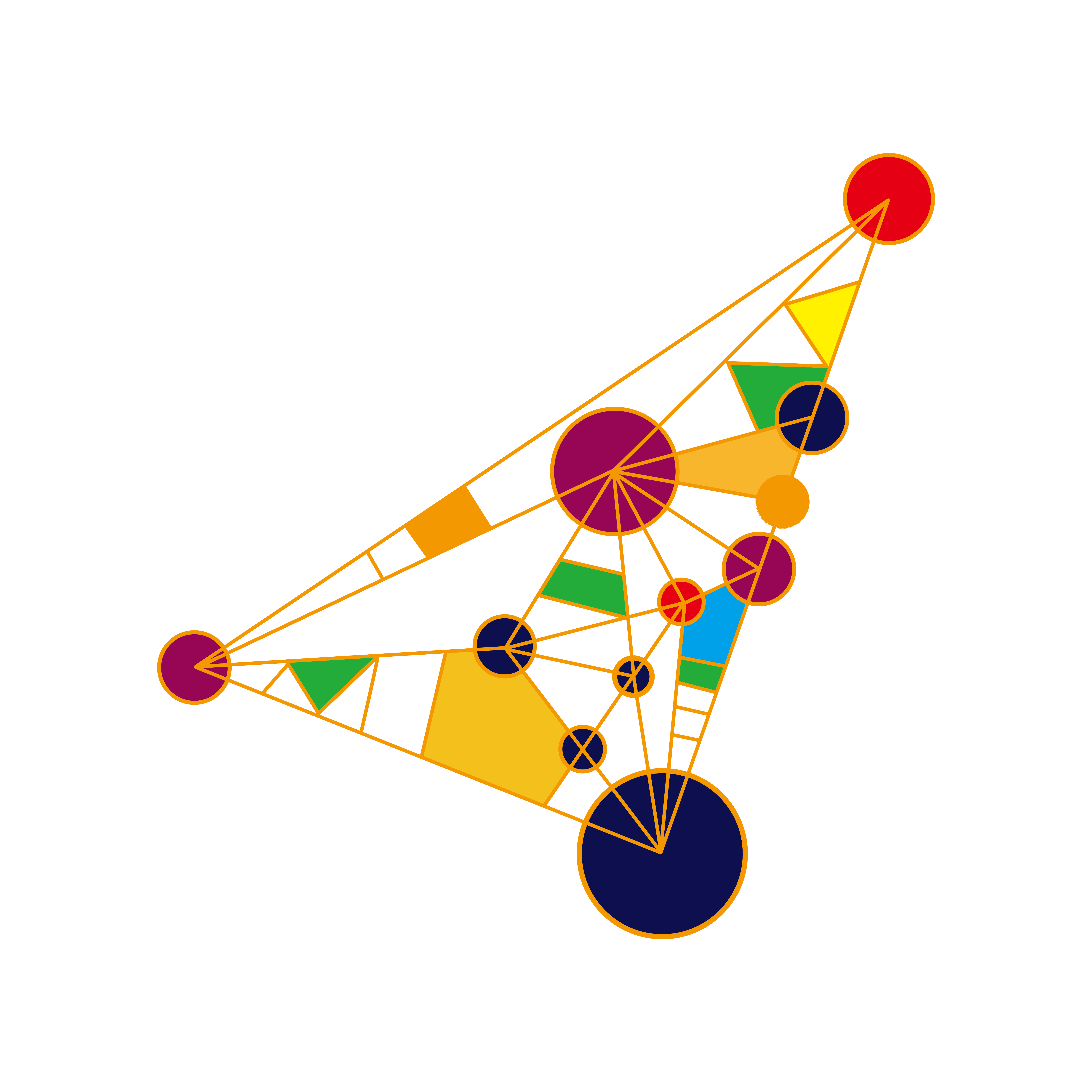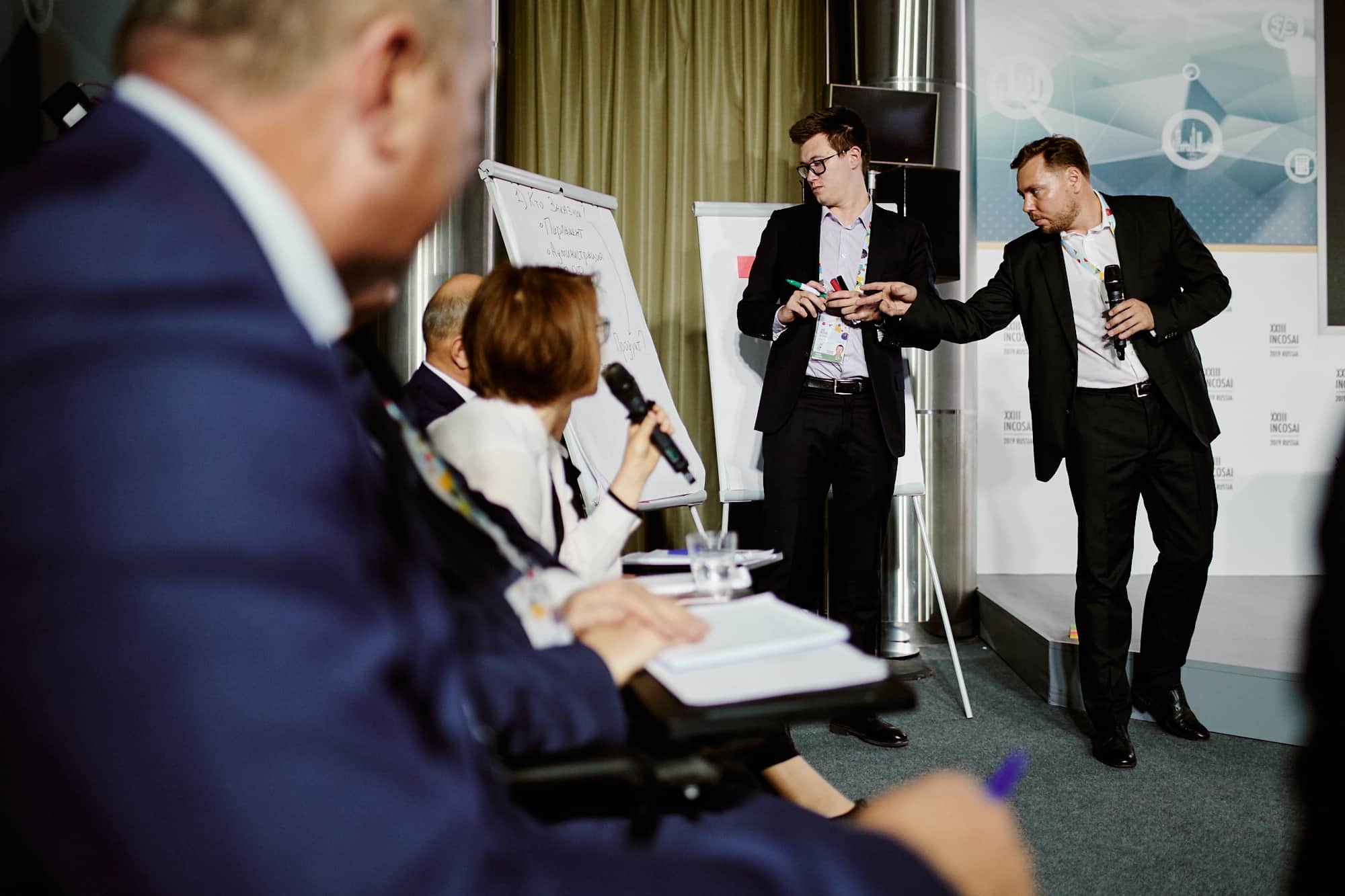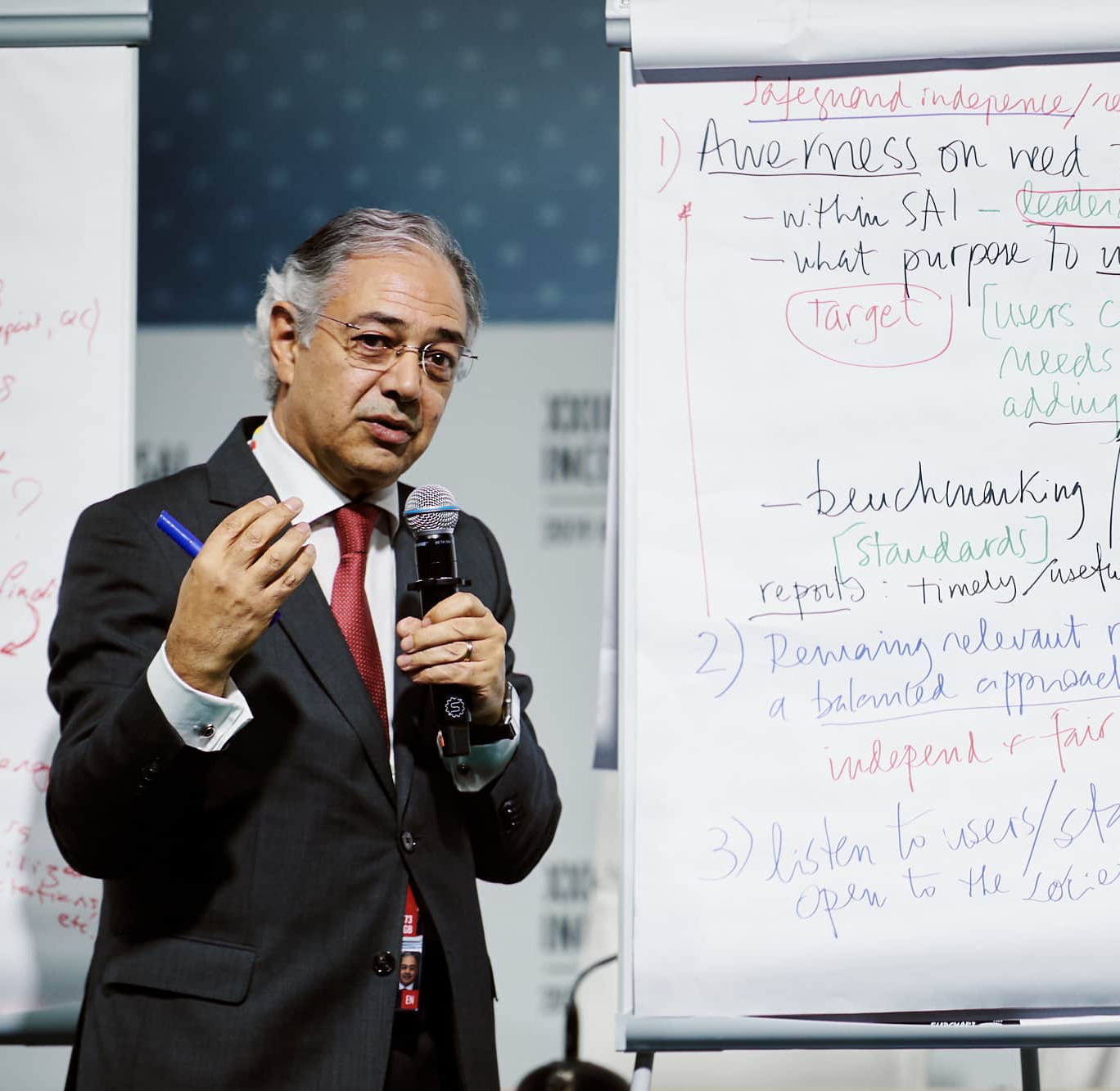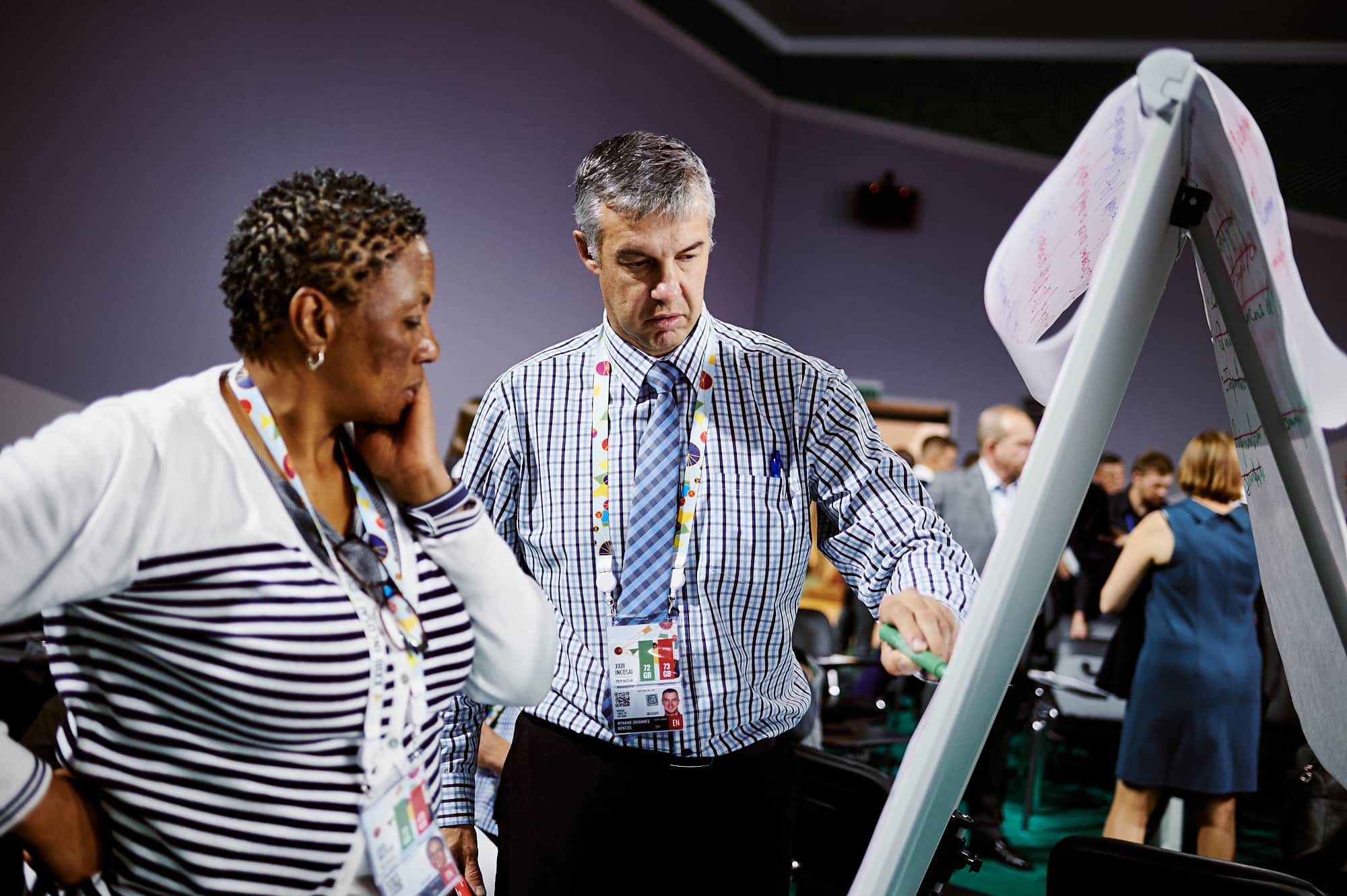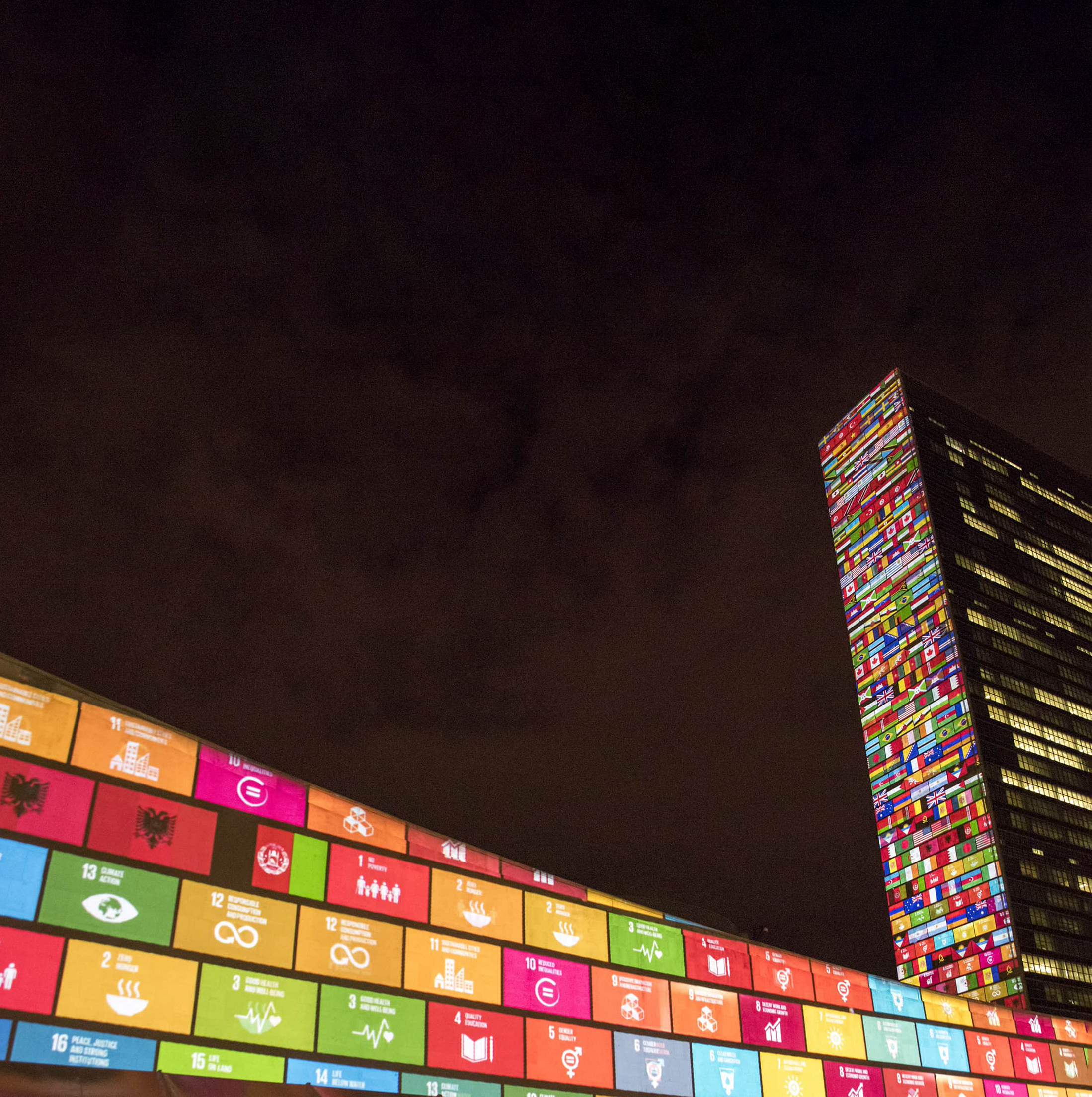Introduction
September 2020 saw the one-year anniversary of the Moscow Declaration. When the document was adopted at XXIII INCOSAI, it was impossible to predict all the changes the whole world would face in a couple of months. The new normal we all now live in has proved that the provisions of the Moscow Declaration turned out to be visionary and future-oriented. We believe the strategic perspective provided by this document is yet to be fully perceived and implemented in practice. However, it is a good chance to check what page we are on now and make sure that we continue our way forward.
In this regard we invited the INTOSAI community members to participate in a survey marathon on the Moscow Declaration. SAIs from all over the world shared their reflections on each of the 10 provisions of the document. The participants were asked to comment if the ideas still remained relevant, what had been achieved and what remained to be done.
Participating SAIs (44)
Algeria, Armenia, Austria, Azerbaijan, Bahamas, Bahrain, Belize, Chile, China, Costa Rica, Cyprus, Czech Republic, ECA, Ecuador, Egypt, Fiji, Finland, France, Haiti, India, Indonesia, Italy, Jamaica, Jordan, North Macedonia, Malaysia, Malta, Mexico, Myanmar, Netherlands, Norway, Peru, Portugal, Russia, Saint Kitts and Nevis, Slovakia, Slovenia, St. Vincent and the Grenadines, Suriname, Tajikistan, Thailand, United Kingdom, USA, Yemen.
Survey results
The following cards summarizes the results of the survey by each provision. The replies provided by the INTOSAI members allowed to identify common ideas and, alternatively, reveal some outstanding and interesting facts. Generally, they fall into the categories of what has been already achieved (Progress) and what remains to be done in the future (Plans). More importantly, this helped identify the main difficulties in the implementation of the Moscow Declaration (Challenges). The latter seems to be of particular practical value and might serve as a guidance for future multilateral actions and development of INTOSAI as a unified community.
We highly appreciate all the valuable contributions we received from the INTOSAI members during this survey. We hope the results will be interesting, involving and useful for each and every one of us!
You can download the results of the Marathon as a PDF file.
Summary observations
Despite a number of accomplishments and success-stories, most SAIs have adopted a strategic and long-term approach to implementing the provisions of the Moscow Declaration. Even though not all of them have been put into practice, replies suggest that efforts are being made to include necessary steps in SAIs’ strategies and audit plans for the upcoming years. In some cases, the necessary organizational steps include restructuring of offices and work-processes, so as to adapt to the new tasks and conditions.
It is worth mentioning, that a lot of achievements mentioned in the replies predate the adoption of the Moscow Declaration by a couple of years, and now it is already possible to evaluate the results of those innovations. This proves that the document was elaborated on the basis of the practical experience of the INTOSAI community members and serves to accumulate, evaluate and distribute best practices and knowledge.
Undoubtedly, the COVID-19 pandemic has impacted the performance of most SAIs and their plans, making the implementation of the Moscow Declaration more challenging. It includes changes in priorities, lack of financial and organizational resources. On the other hand, the emergency situation has stressed the importance and relevance of particular provisions. It allowed SAIs to innovate, develop and introduce new goals and methods in their work, which otherwise would have taken more time or have never happened at all.
Besides the pandemic, one of the most common challenges identified by the respondents lies in the area of staff training and capacity building. Implementation of new techniques or targeting new fields requires substantial preparation, which has not been completed yet. At the same time, this relates to the importance and value of international cooperation and experience sharing. The survey confirms that SAIs rely on the assistance provided by the INTOSAI community in case of any challenges encountered on new, unknown or difficult matters. This emphasizes the efforts of INTOSAI to keep up with modern educational trends and create an open easily accessible online platform in order to facilitate exchange of knowledge and dissemination of best practices within the professional community.
Contact Us
The Accounts Chamber of the Russian Federation
Department for International and Regional Cooperation
119121, Russia, Moscow, Zubovskaya street, 2
